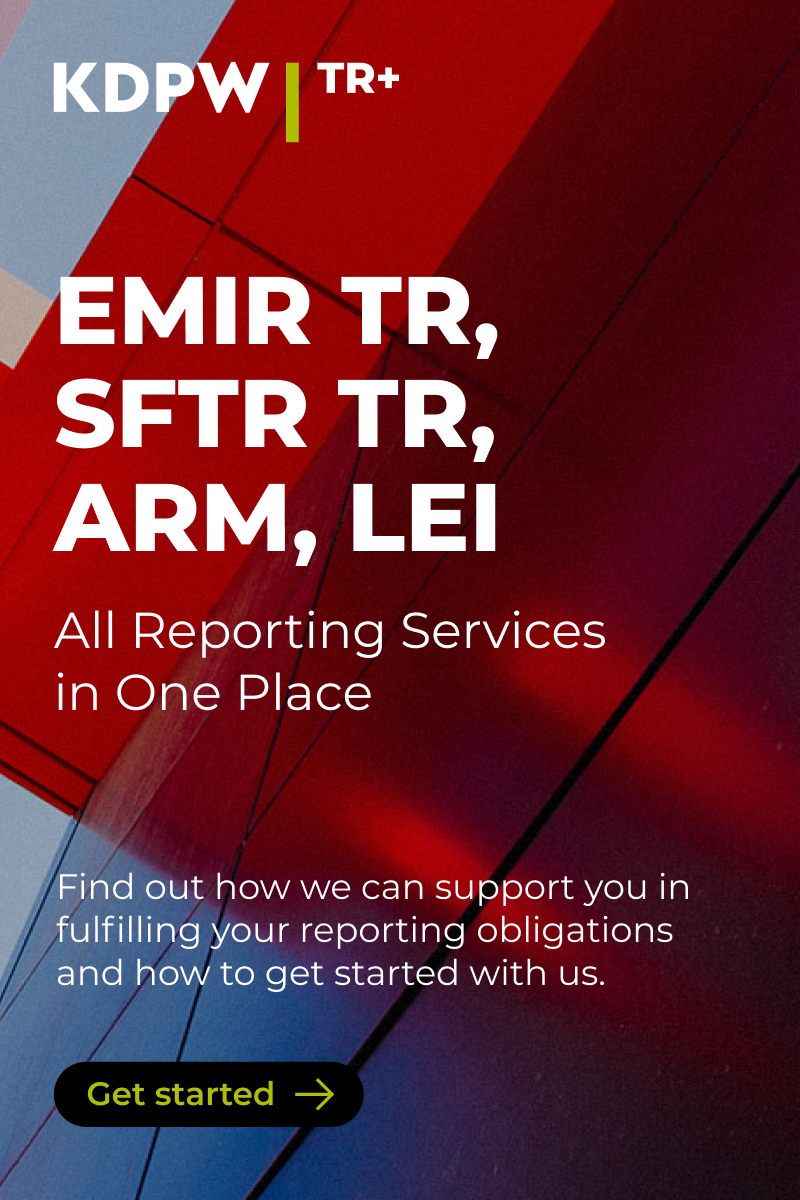Five US federal financial regulatory agencies are coordinating the efforts to review the regulatory treatment of certain foreign funds under Section 619 of the Dodd-Frank Act, better known as the Volcker Rule.
Investment funds ordered or offered outside of the US are currently excluded from the definition of a ‘covered fund’, and are not subject to restrictions under the Volcker Rule.
A joint statement from the agencies follows a call from the US Treasury last month for regulators to rationalise and improve the risk-based capital regime for the securities lending and derivatives exposures of US banks, in response to President Donald Trump’s executive order demanding their regulatory burden be eased.
The Treasury said the Volcker Rule, which is already under threat of being scrapped from potential Dodd-Frank replacement the Financial CHOICE Act, “requires substantial amendment”.
It added that the rule “could result in pro-cyclical behaviour and reinforce market volatility during periods of stress”.
With regards to the foreign excluded funds, a joint release from the agencies said: “Complexities in the statute and the implementing regulations may result in certain foreign excluded funds becoming subject to regulation under Section 619 because of governance arrangements with or investments by a foreign bank.”
This has led several foreign banking entities, government officials and market participants to express concern about the possible unintended consequences of such a change.
In particular, they are concerned that certain foreign excluded funds may now fall within the definition of a ‘banking entity’ if they are an affiliation or banking subsidiary of a foreign bank entity, because of the standard corporate governance structures of such funds, or because of the investment by a foreign banking entity into a fund.
This could mean that foreign excluded funds affiliated with foreign banking entities could be at a disadvantage when competing with those that are not affiliated with a banking entity, and therefore not subject to the rules.
However, the agencies said they are also “mindful of concerns” that foreign banking entities could use excluded funds to avoid requirements that would have otherwise been applicable, thereby providing foreign entities with a competitive advantage over US entities.
The agencies are therefore considering ways in which the implementation of the regulations could be amended, or other “appropriate action” taken.
Further, the federal banking regulators involved in the collaboration announced that they will not take any action on foreign excluded funds, with regards to the Volcker Rule, for a period of one year, ending on 21 July 2018.
The statement also suggested that congressional action may be required to be taken in order to fully address the issue.
The announcement came from regulatory agencies the Federal Reserve, the Office of the Comptroller of the Currency, the Federal Deposit Insurance Corporation, the Commodity Futures Trading Commission and the Securities and Exchange Commission.
The same five agencies first issued regulations implementing the Volcker Rule restrictions on short-term proprietary trading using banks’ own funds in December 2013. These rules do not currently extend to certain foreign excluded funds.



